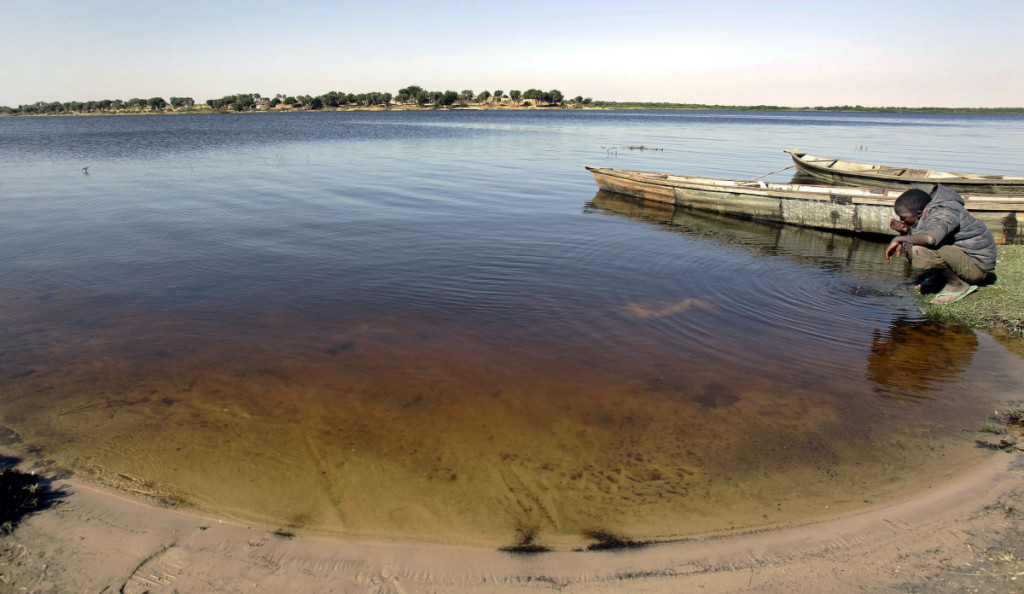The UN High Commission for Refugees (UNHCR) has called for urgent protection and humanitarian solutions for over seven million displaced persons across the Lake Chad Basin (LCB) region.

Countries in the LCB region include Nigeria, Nigeria, Cameroon and Chad.
Mrs Liz Ahua, UNHCR’s Regional Representative for West Africa, made this known in Abuja during the second Regional Protection Dialogue (RPD).
She added that amidst the heightened insecurity, the Lake Chad Basin continued to face serious protection crisis.
Ahua explained that the region was traumatised and going through insecurity, terrorism, poverty and climatic situations that have deteriorated.
“Today, two-and-half years after the first RPD, all of us are gathered to share the pains being inflicted to over 7.5 million women, girls, boys, men, young and old in the Lake Chad Basin.
“The Regional Protection Dialogues seeks to remind the governments in the Lake Chad region on the principles of humanitarian action, principles such as respect for the people who are displaced.
“Non-renouncement, which means that if they flee to another country they should not be thrown out, then for us, a responsibility to ensure that if they are in camps, there are no infiltration of the bad people and creating mayhem.
“We remind the governments and work together with other partners to say we have a responsibility to protect you.
“From there, we also move to the areas of not just humanitarian assistance, but ensuring that even if they are displaced, their means of livelihoods are not diminished. Now, there is so much happening.
“The climatic conditions are pushing people to move from one place to another so, you have huge root causes.
“But we would like for these people, wherever they are, to be able to continue with their dignified activities,’’ Ahua said.
Acknowledging the successes achieved by military operations, Ahua said that there are cases of new displacements on regular basis.
She said that close to 320,000 persons have been displaced anew in the last three months.
Ahua said that in a bid to addressing the humanitarian and protection crisis, the UN and Nigerian government launched the Humanitarian Response Strategy (HRS) and the Nigeria Regional Refugees Response Plan (RRRP).
She said that the comprehensive approach plan seeks to address the weakness and vulnerabilities of refugees, IDPs, and persons of concerns and to ensure the humanitarian and development responses of actors.
Mr Yassine Gaba, UN Deputy Humanitarian Coordinator to Nigeria, said that as conflicts continue to linger everyday, civilians bear the brunt of the crisis.
Gaba said that protection of civilians remained the key priority of the operation and an issue that must be tackled head on at all levels and from all angles.
He said that despite the challenges, the humanitarian community was determined to continue providing life-saving humanitarian assistance in support of government-led initiatives.
The second RPD was a follow up to the maiden RPD which held in June 2016 and birthed the 24 commitments Abuja Declaration.
The RPD seeks to look at various achievements, progress made and challenges in the implementation of the Abuja Declaration.
By Lizzy Okoji
